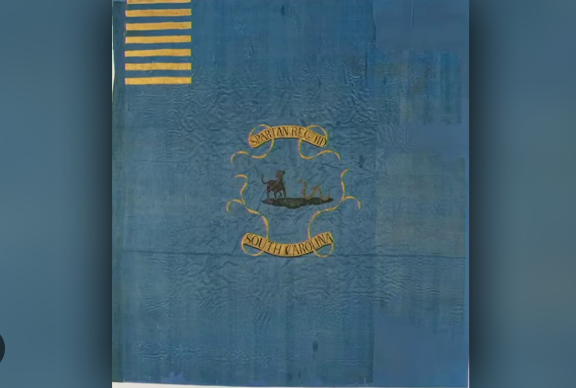Americans who were around during the Vietnam War can remember one key rationale for our involvement. The “domino theory” held that if we failed to stop the communists in Vietnam, they would proceed to take over one country after another, like one falling domino knocking over a long row.
Few theories have ever been so thunderously refuted. After the North Vietnamese victory that followed our withdrawal, communism conspicuously failed to spread beyond Indochina. But the refutation of that argument has not prevented its resurrection in a very different place: Ukraine.
Speaking Thursday at NATO headquarters in Brussels, Ukrainian Foreign Minister Dmytro Kuleba said the allies should furnish more help for their own safety. NATO needs Ukraine to prevail, he said, “so that President (Vladimir) Putin will have no chance to test Article 5 of the North Atlantic Treaty” — which treats an attack on any member as an attack on all.
The idea that Putin’s invasion of Ukraine is the prelude to an invasion of countries farther West has found surprising currency in the U.S. “If they do this, he’s not stopping,” predicted Rep. Michael Turner, R-Ohio, before the war began. “That means that the remainder of the nations that used to be part of the Soviet Union, those in the Warsaw Pact, are now at risk.”
“My concern is it doesn’t just stop with Ukraine,” agreed KT McFarland, who was Donald Trump’s deputy national security adviser. “It goes on.” A Wall Street Journal editorial declared: “No one wants a broader war. But as Russia escalates, Mr. Biden and NATO had better be prepared to fight one.”
This logic is akin to saying that if someone robs a 7-Eleven, he poses a threat to Fort Knox. One attribute that made Ukraine a tempting target is that it is not a member of NATO. Putin could attack in the knowledge that the United States and its European allies had firmly avoided any commitment to fight on behalf of Ukraine.
This, you may notice, is not an attribute of countries that belong to NATO. Each member nation has made an explicit promise to come to the defense of any other member nation that is attacked.
Being a sentient adult, Putin can grasp the difference. He understands that if he were to invade Estonia or Poland or Slovakia, he would be at war with not one but 30 countries, which greatly outnumber Russia in troops and weaponry. Three of those nations also have nuclear arsenals.
In case Putin suffers from any confusion on this point, Joe Biden was kind enough to clear it up. “The United States will defend every inch of NATO territory with the full force of American power,” he said on Feb. 24, the day Russia invaded. NATO Secretary General Jens Stoltenberg also vowed to “defend every inch of NATO Allied territory.”
To underscore the point, troops stationed in other European countries were moved eastward into Estonia, Latvia, Lithuania, Poland and Romania. No NATO member is dispensable.
So here were the options Putin had before Feb. 24. Option 1: Invade Ukraine and don’t fight a war with NATO. Option 2: Invade Estonia, Latvia, Lithuania, Poland or Romania and fight a war with NATO. For some mysterious reason he chose the first.
The belief in some quarters, though, is that if he succeeds with Option 1 he will proceed to Option 2. That makes about as much sense as supposing that having invaded Ukraine, he will march on Beijing. Putin launched this war on the assumption that he could win it in short order with minimal resistance. He would have to assume exactly the opposite if he attacked a NATO country — which is a solid guarantee that he won’t.
Win or lose, Russia’s experience in Ukraine will curb his appetite for aggression, not stimulate it. Before, he and the rest of the world assumed he had a formidable, well-trained, well-supplied and competent military. Today, he and everyone else can see that his forces are inept, unprepared, poorly supplied and prone to heavy casualties.
In less than two months, upward of 10,000 Russians may have been killed — more than the United States lost in Afghanistan and Iraq combined over 20 years. And more casualties are coming.
It’s asurd to think that once this war ends, Putin will be itching to start another one with NATO. Russia has gotten badly bloodied by what he thought was a 98-pound weakling. Why would he want to take on a heavyweight?
Follow Steve Chapman on Twitter @SteveChapman13 or at https://www.facebook.com/stevechapman13. To find out more about Steve Chapman and read features by other Creators Syndicate writers and cartoonists, visit the Creators Syndicate website at www.creators.com.




